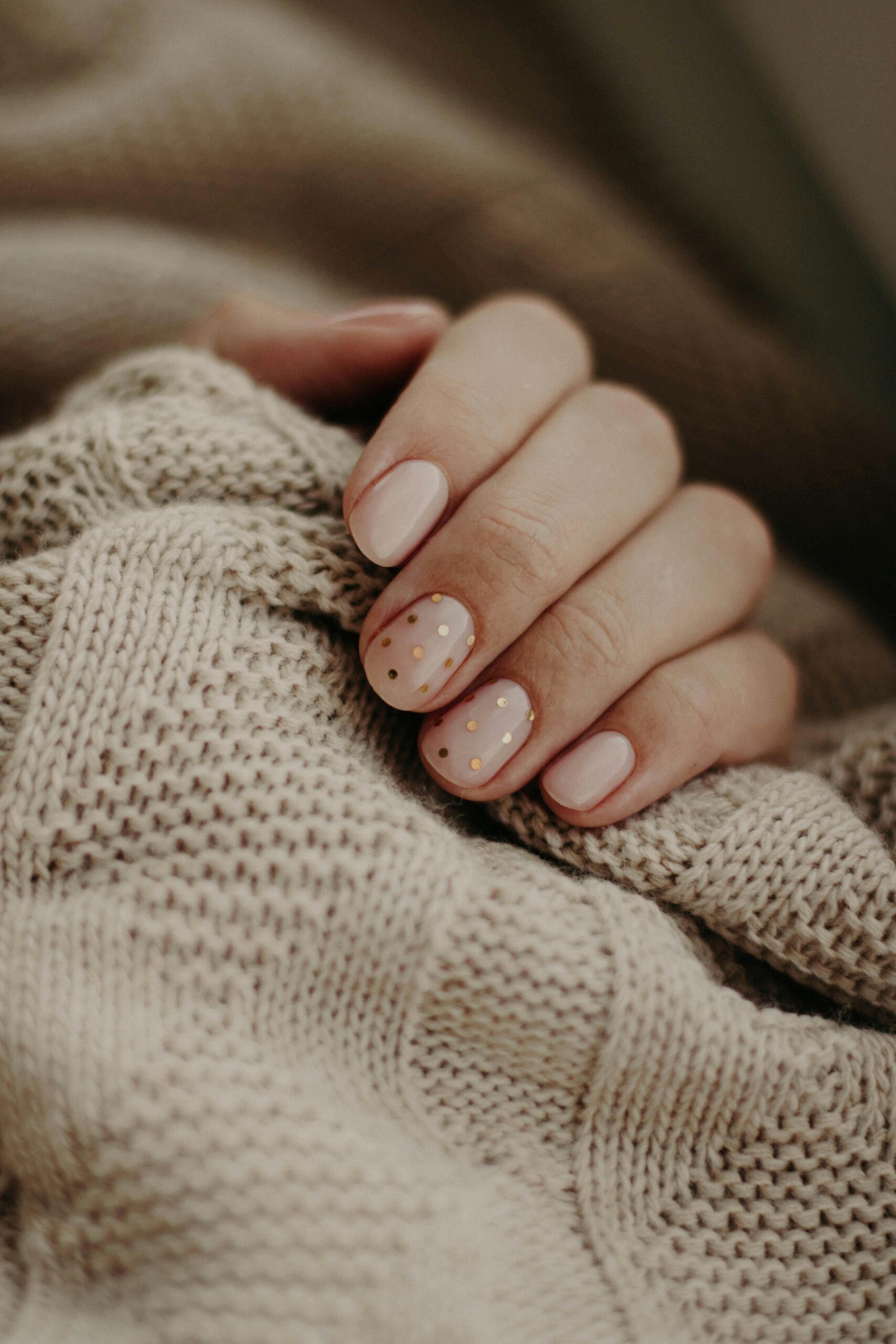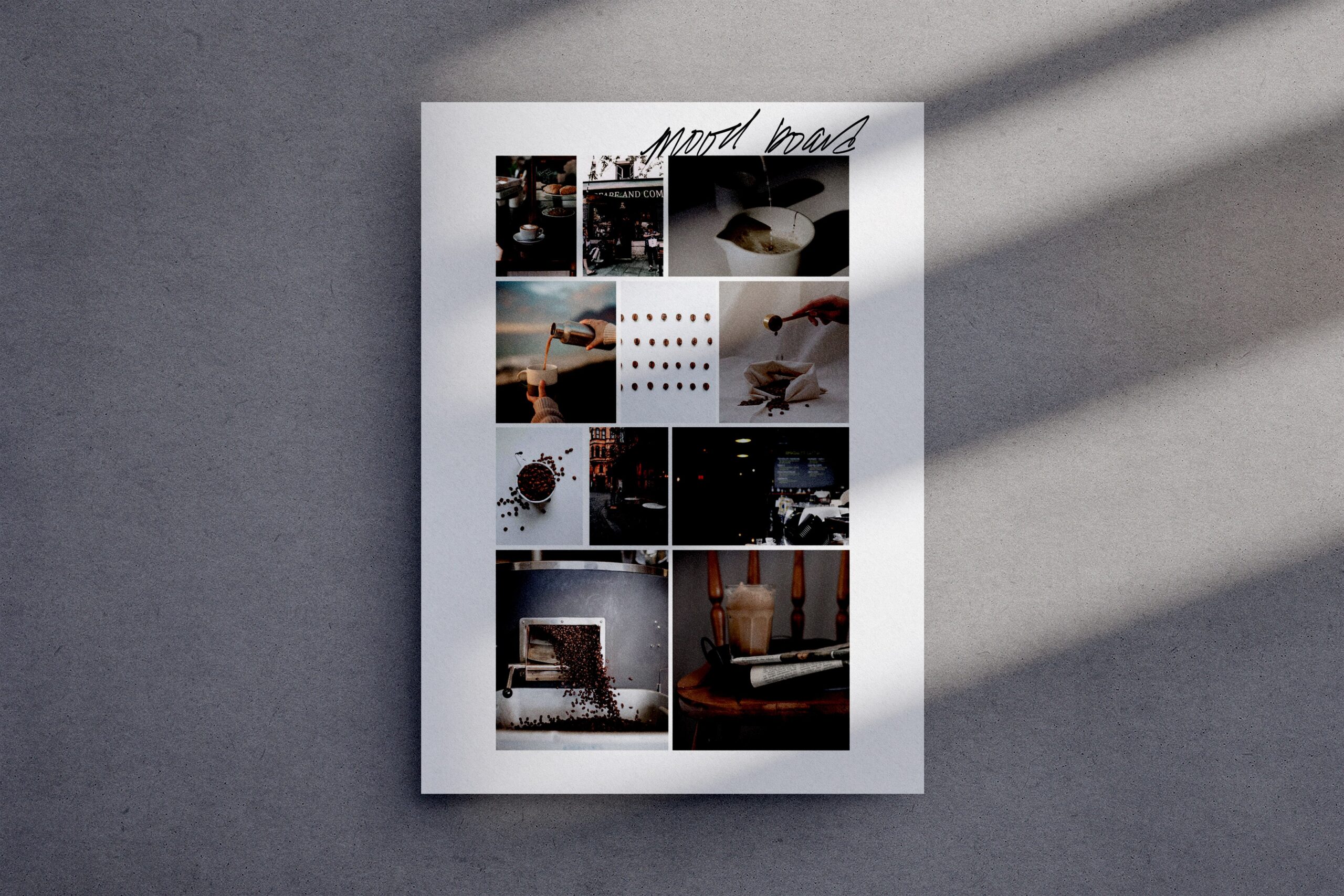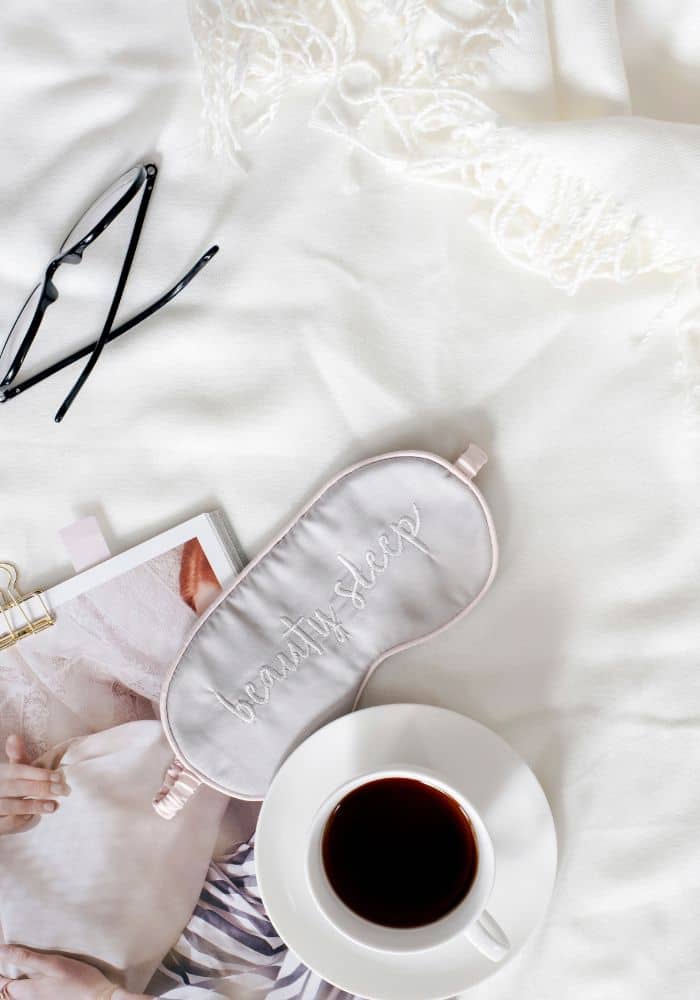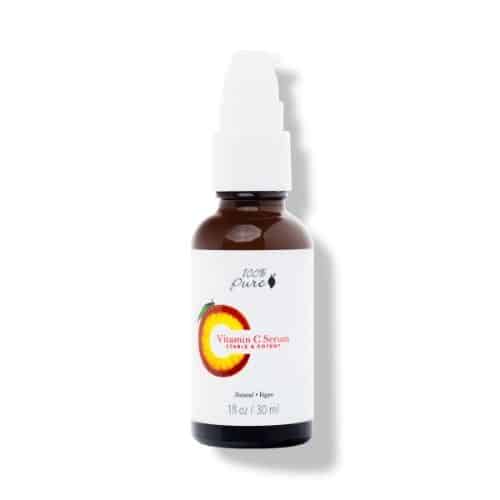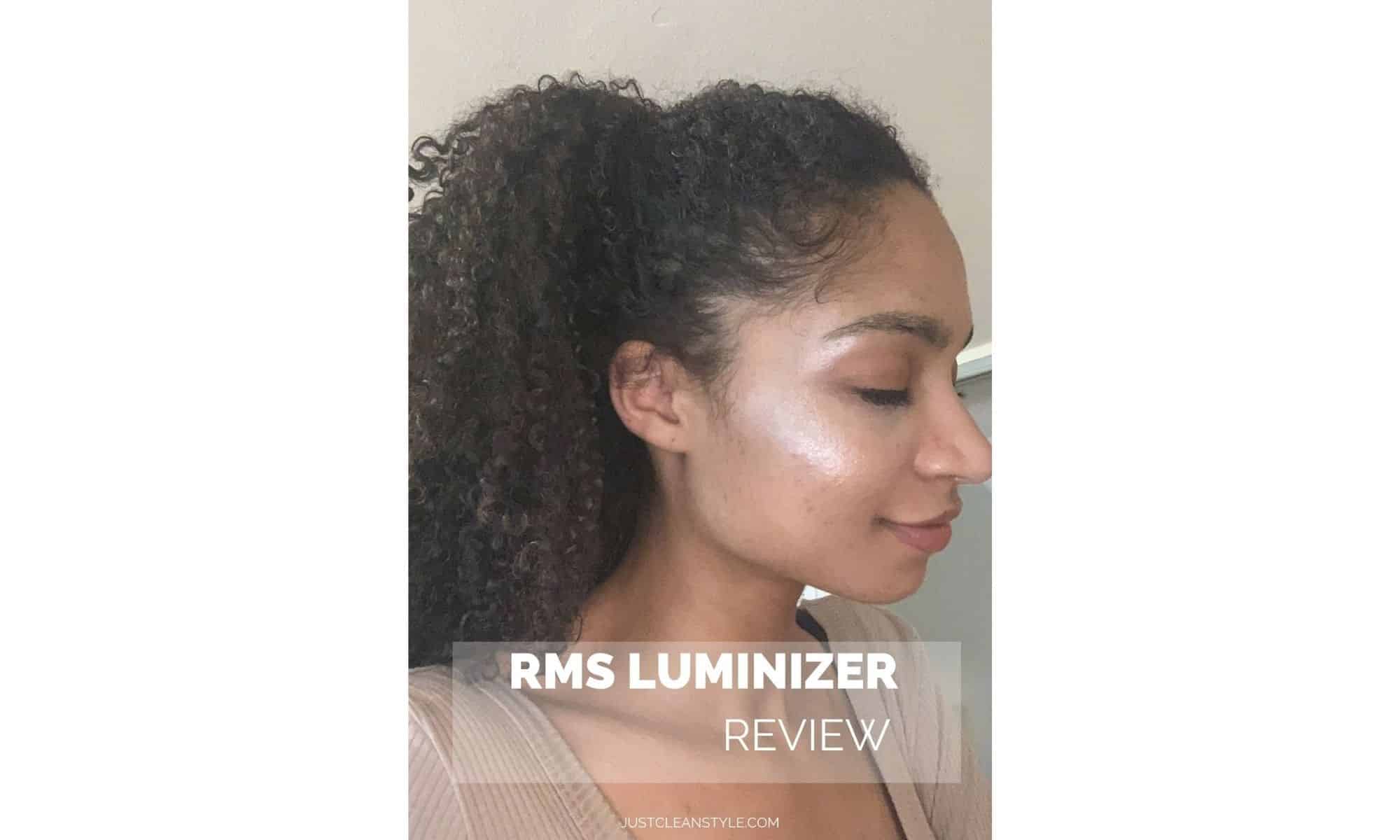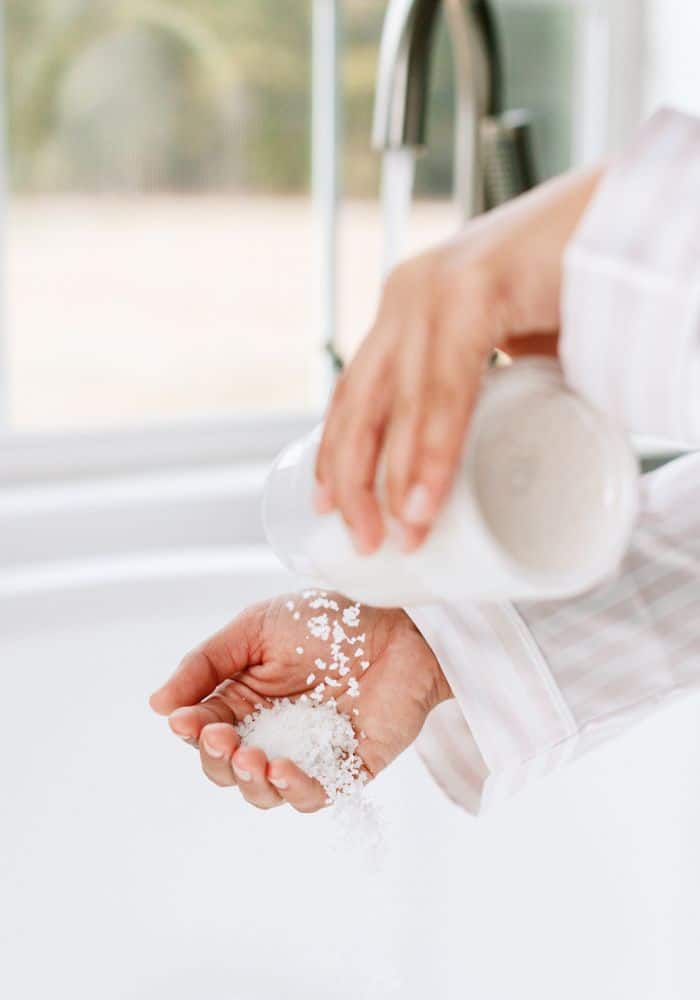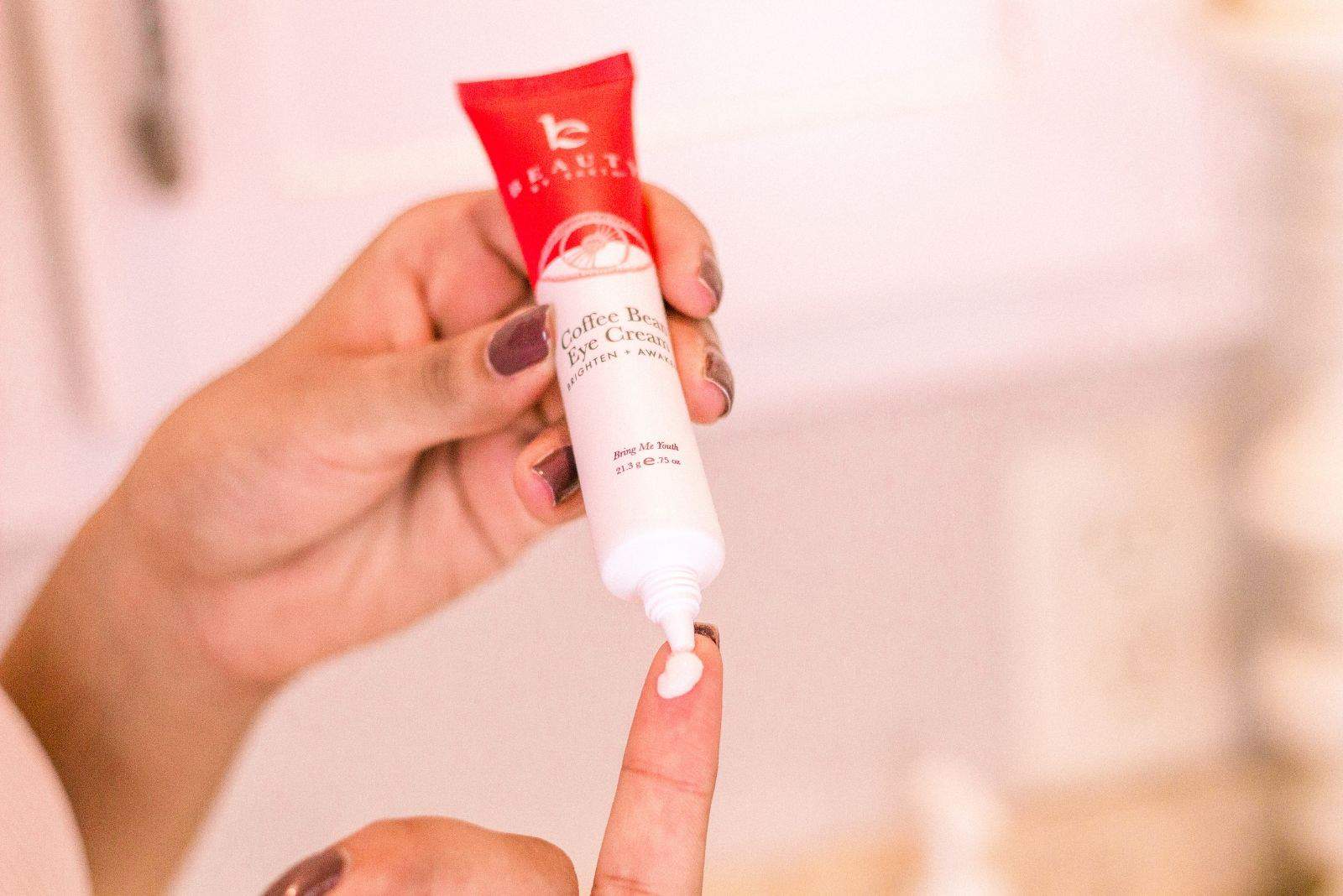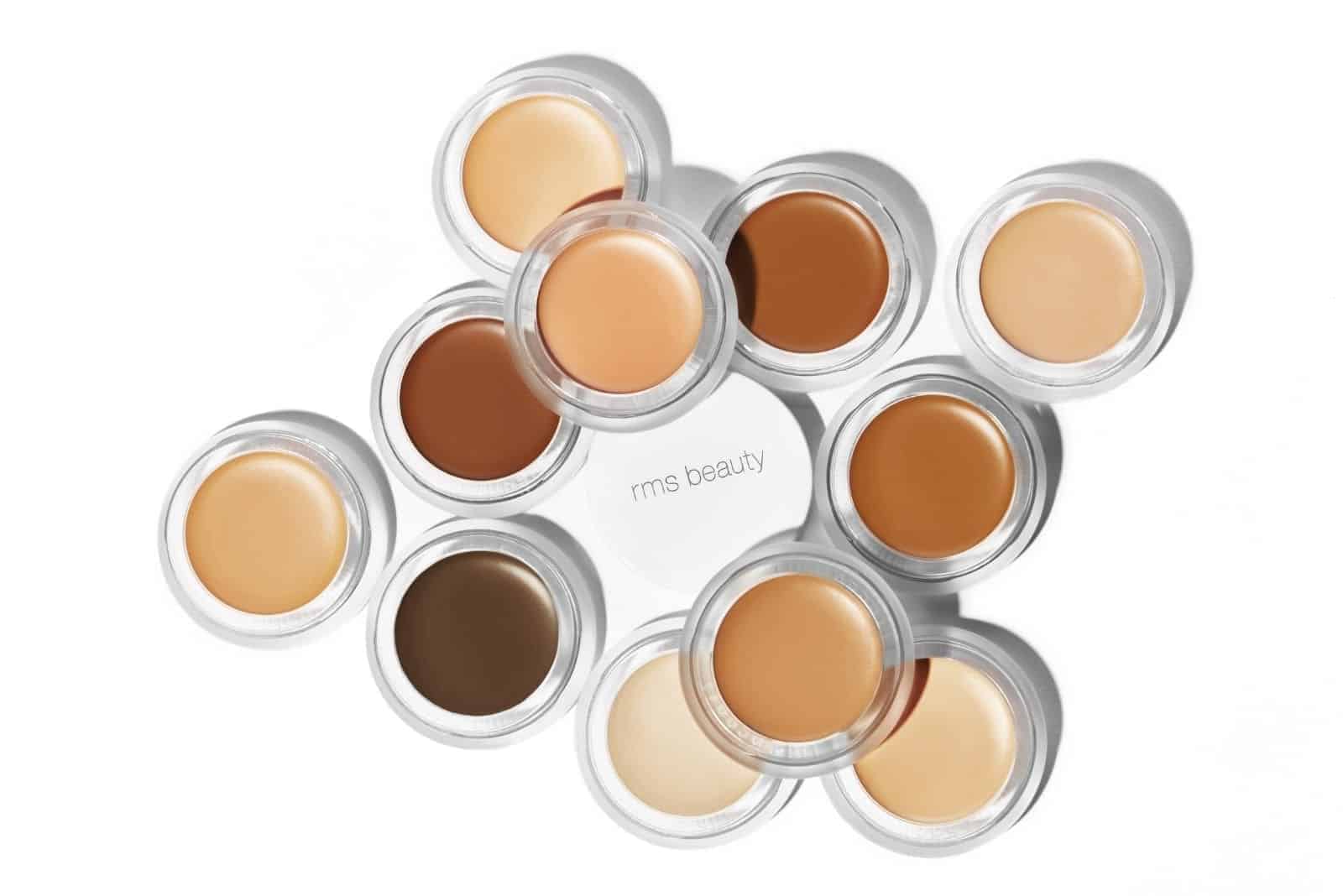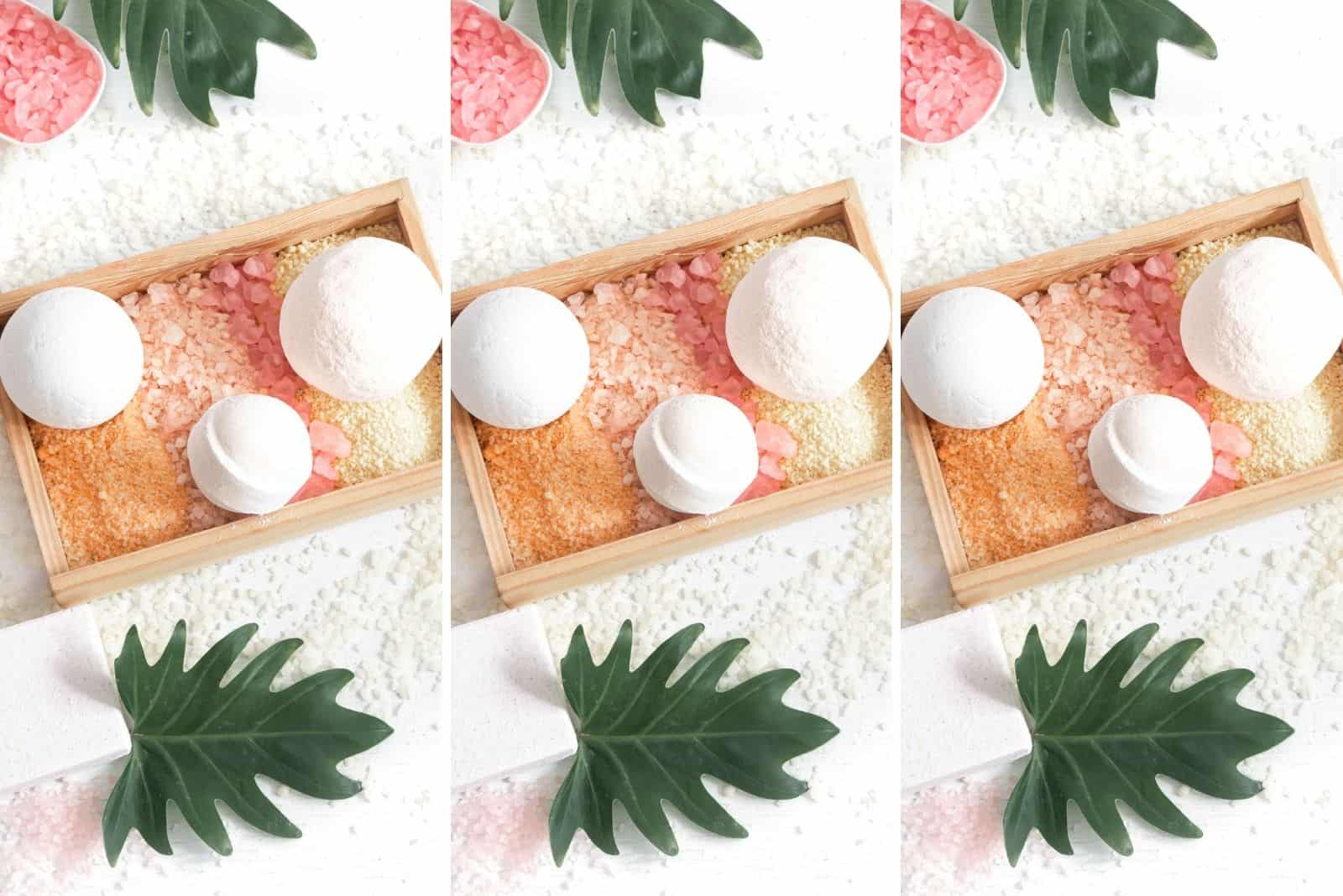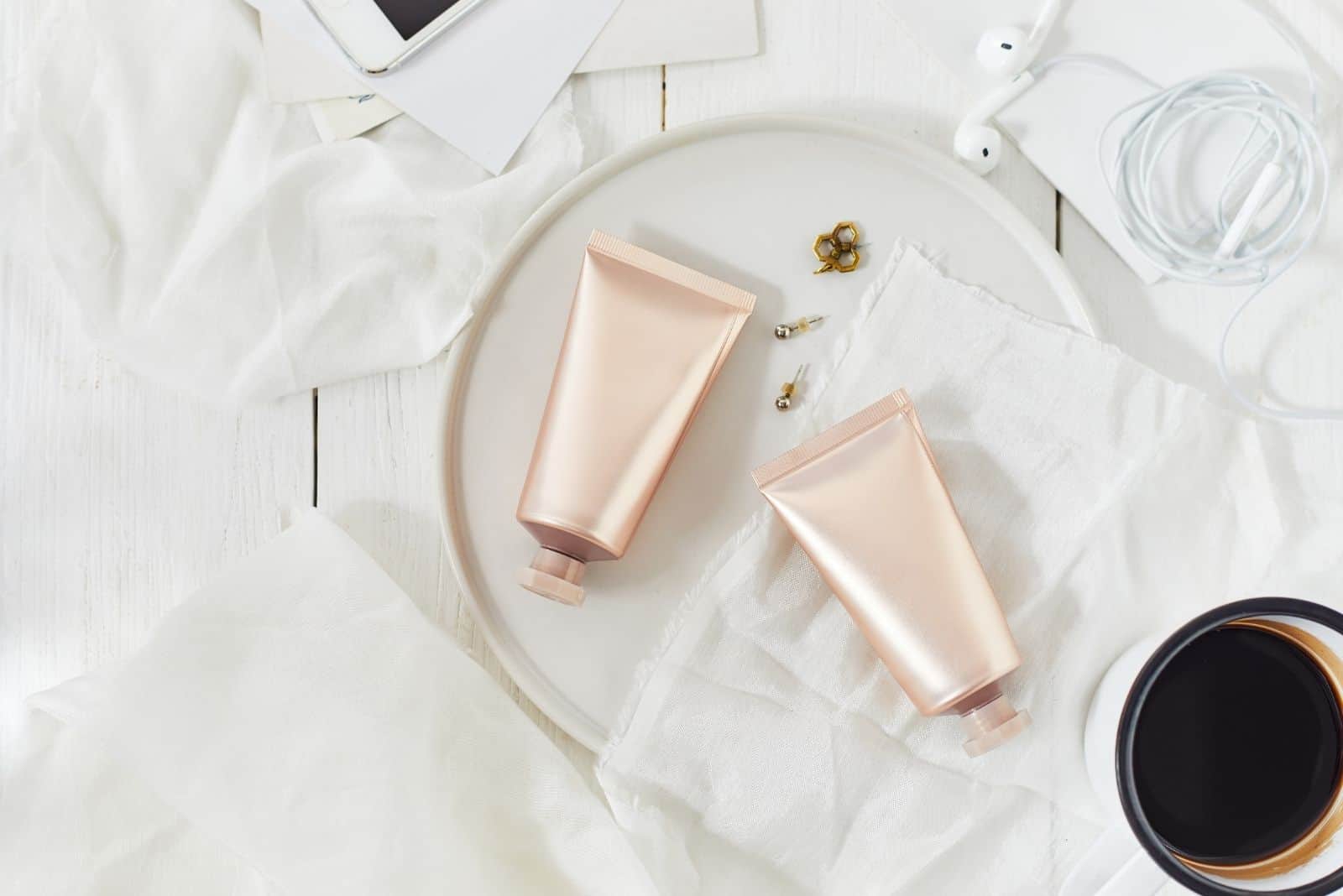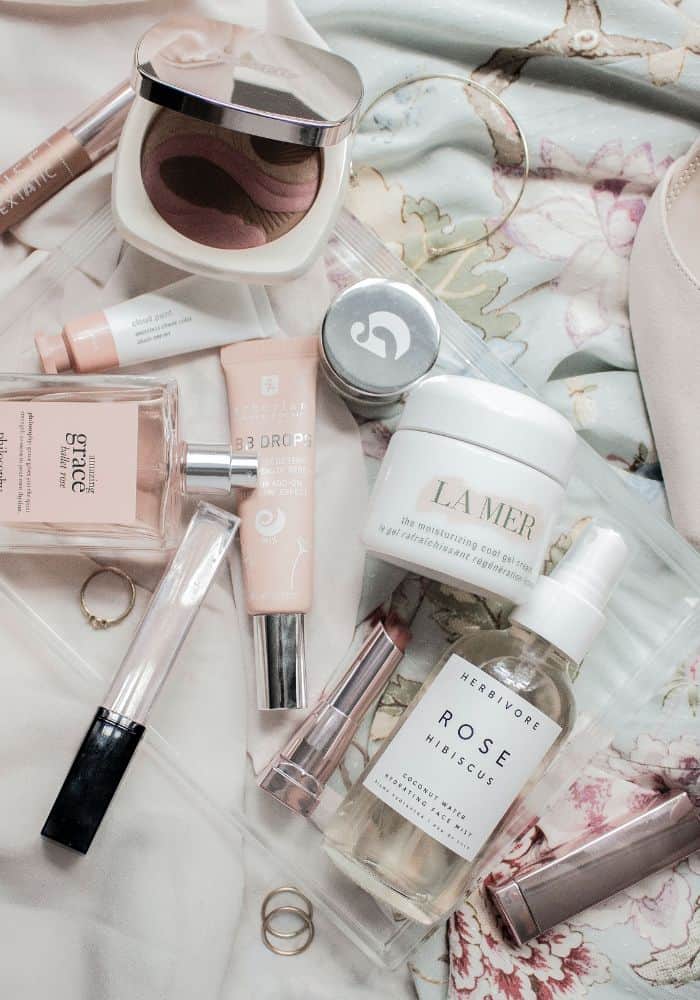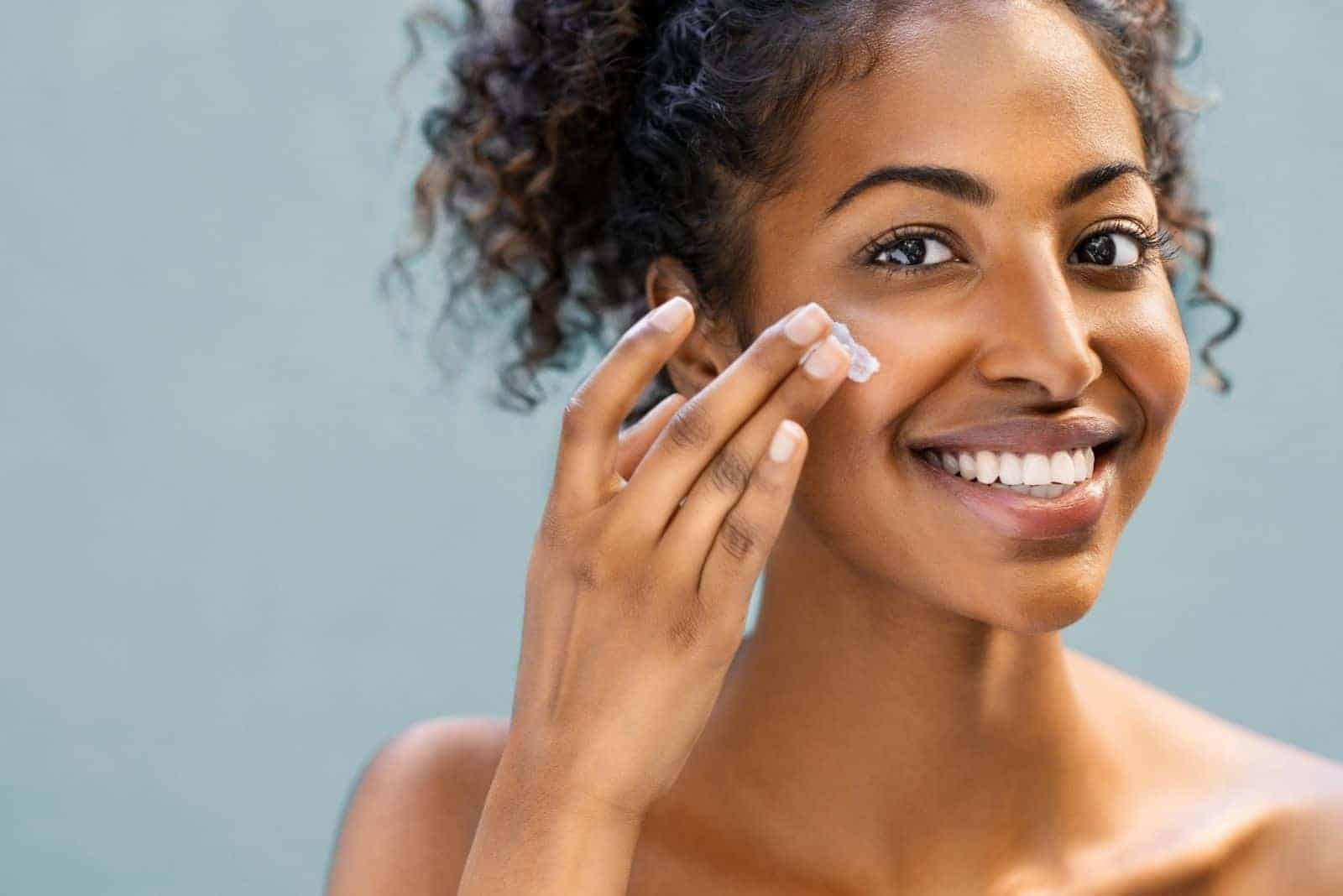Rose water is a popular ingredient for a reason. Learn how to use rose water for hair and supercharge your beauty routine with one simple ingredient. Discover the different types of rose water and best ways to use for curly hair and scalp care.
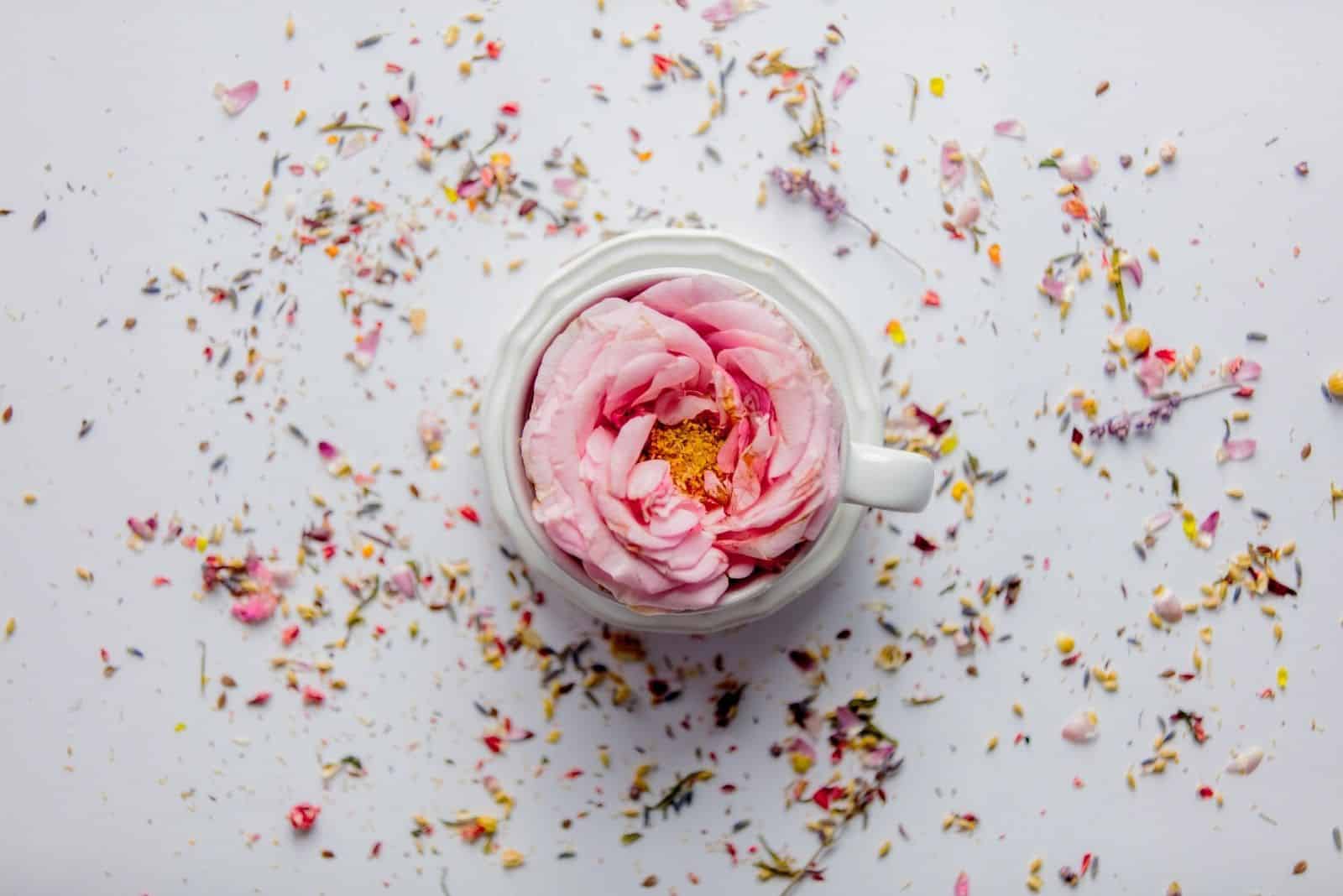
This post may contain affiliate links, which means I’ll receive a commission if you purchase through my links (at no extra cost to you). I only promote products I’ve tried and love. As an Amazon Associate I earn from qualifying purchases.
Benefits of Rose Water for Hair
Rose water is a popular ingredient in cosmetics. According to the Journal of Essential Oil Research, there are approximately 120 rose species, and the Damaskus rose is the most popular due to healing properties.
Rose water is a natural astringent and contains several antimicrobial properties. Rose water acts as a light cleanser and is commonly used to reduce excess oil on the skin.
“The use of rose water for hair has not been extensively studied. But rose water does have beneficial properties that may make it good for the hair and scalp.”
–Healthline
According to Healthline, benefits include:
- Anti-inflammatory properties for the scalp
- Excess oil reduction
- Antimicrobial Properties
Rose water reduces inflammation and can be beneficial as a scalp treatment depending on what your hair needs.
Although some people use rose water to reduce frizz and promote shiny hair, rose water is not an emollient and does not contain conditioning properties on its own. Rose water, an astringent, is not to be confused with rosehip oil, a moisturizer.
“[Rosehip oil] intensely hydrates and moisturizes the skin…rosehip oil is the go-to for acute hydration. It also locks in moisture and is easily absorbed by the skin.”
–Byrdie
The benefits you will experience from using rose water will depend on the type of roses used to make the treatment, the distillation process, and your technique. Let’s break this down below…
Different Types of Rose Water
Different types of rose water have different chemical compositions. However, beauty companies usually don’t differentiate between rose flairasol, rose essential oil, and rose hydrosol. There two main types of rose water:
- Rose Flairasol: Water and Rose Essential Oil
- Rose Hydrosol: Distilled rose water left over from creating rose essential oil. This is the byproduct of creating rose essential oil.
According to the Private Label Skin Care, a skin care product formulation company in Florida, “Rosewater is scented water with oils made with rose petals while rose water hydrosol is the aromatic water that remains after steam-distilling of roses.”
“the essential oil which is the primary product, and the hydrosol which is a co-product”
Aromatherapy lifestyle by Quinessense
Rose hydrosol is a byproduct of the rose essential oil distillation process and contains more of the beneficial rose properties. Rose water is a combination of rose essential oils and water.
The Journal of Essential Oil Research published a study different types of rose water. The purpose of the study was to examine how roses in different geographic locations affect the chemical makeup of rose oil and rose water.
The study by researchers Researchers Ram Verma, Rajendra Padaliam and Amit Chauhan confirmed a significant difference between the composition of rose water and rose oil due to geographic factors.
Let’s look at what this means for your beauty routine…
Rose Water vs Rose Hydrosol for Hair
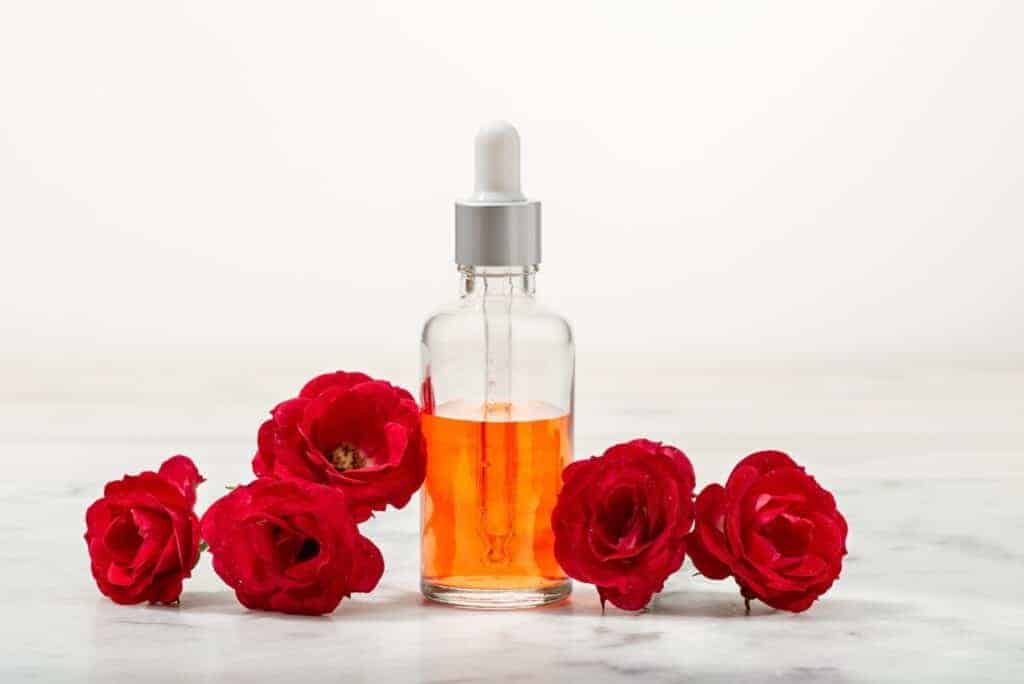
The terms rose water and rose hydrosol are often used interchangeably, but these two compounds are very different. When buying a product, look for information about where the roses were sourced and the types of roses used to make the beauty product.Using rose hydrosol for hair care will result in a more potent treatment than using rose water. However, there are benefits to both.
According to MERV, a skin care company founded by a biological engineer, “rose waters often contain additives, and are much less potent than rose hydrosols; however, since they are relatively inexpensive, some manufacturers use a standard rose water in their rose toners instead of a rose hydrosol.”
If you are looking for a more potent astrigent for your hair routine to clean your scalp, then rose hydrosol is the best option, but rose water will work if you don’t have rose hydrosol.
How Does Your Scalp Affect Hair Care?
Having a balanced scalp and healthy skin is beneficial for reducing product buildup. Allowing product residue to build on your scalp and hair creates a barrier and prevents your hair from absorbing new products. If you use heavy products on your hair that are difficult to remove such as silicones along with heavy oils, you may need something stronger to rid your hair and scalp of product buildup.
If you need to clarify your hair and need more than just a gentle cleanser for your scalp, see Insane Curly Girl Clarifying Shampoo Tips instead.
Product buildup matters because if you have a layer of impenetrable oils and products on your hair, moisture can’t get in or out, making the products applied on wash day less effective. This issue is more common with harsh ingredients such as silicones designed to coat the hair.
If you are using silicones to prevent frizz, your hair will likely become dry. Try using moisture treatments like the Innersense Hair Mask to nourish the hair (remember to balance protein and moisture):

I like to use this Innersense Hair Mask on wet hair. Some choose to apply a mask to slightly damp hair, and I don’t recommend that for this mask. Applying on wet hair makes the mask easier to distribute, and a little goes a long way.
Deciding if Rose Water for Curly Hair is Right For You
Deciding whether or not rose water is right for you will depend on several factors including the types of products you use, the health of your scalp, and the types of hair products in your weekly routine.
Rose Water for Your Hair Type
If you have a sensitive scalp, you may want to try rose water to reduce inflammation because it does not have any harsh chemicals. However, because rose water is an astringent, it’s not necessary to use on the entire length of your hair.
You can try the rose water as a clarifying agent and see how your hair responds, or you could add rose water to an egg protein mask to benefit from its antimicrobial properties if this is a concern for you.
Application Techniques: Rose Water for Hair
Rose water can be applied to the scalp as a rinse to reduce inflammation and oil. You can also combine the water with other products. If you rinse your hair with rose water, you will need to use a conditioner after since rose water is an astringent, not an emollient or conditioning agent.
How to Use Rose Water With Other Hair Products
Combine rose water with your favorite conditioner for aromatherapy. Some choose to create a hair mask with this as well.
Rose Oil vs Rose Water for Hair
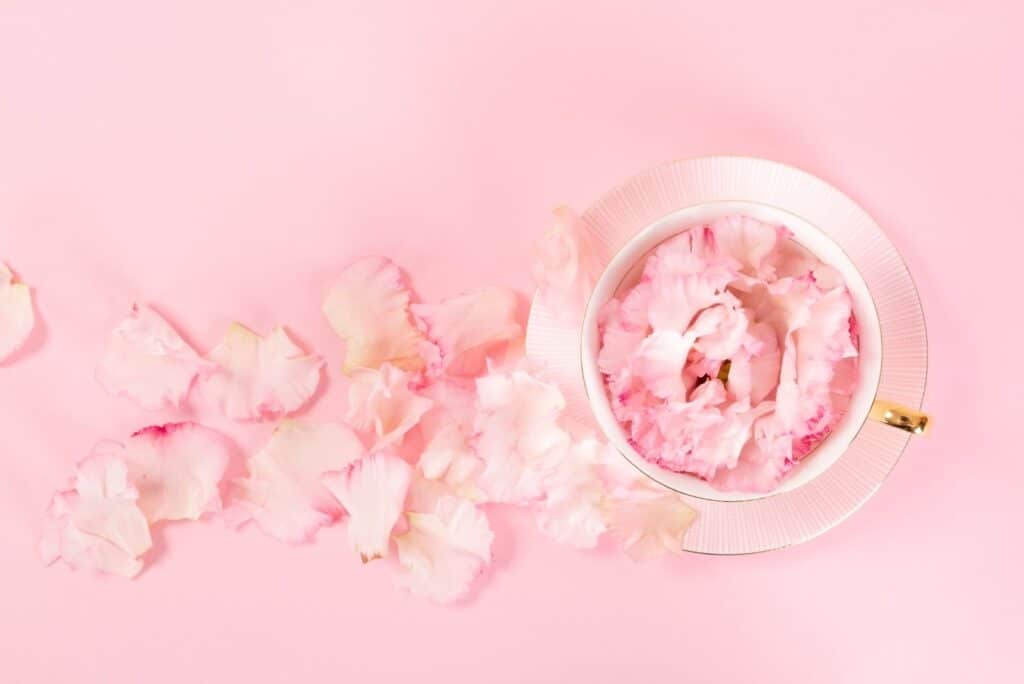
Even though rose essential oil and rose hydrosol are best for cleansing the scalp, you can try rose hip seed oil on the ends of your hair to moisturize between washes.
Top Rated Rose Water for Hair
Roses offer numerous benefits for hair and skin. However, not all rose water is the same.
- Rose Flairasol: Water and Rose Essential Oil
- Rose Hydrosol: Distilled rose water left over from creating rose essential oil. This is the byproduct of creating rose essential oil.
Rose oils and rose water are used for different purposes. For a conditioning treatment, try rose hip oil. For a treatment to gently clarify the scalp, try rose water or rose hydrosol to remove excess oil.
Further Information: The Journal of Essential Oil Research Reference
Ram S. Verma, Rajendra C. Padalia & Amit Chauhan (2016) Chemical composition of essential oil and rose-water extract of Himalayan Musk Rose (Rosa brunonii Lindl.) from Kumaon region of western Himalaya, Journal of Essential Oil Research, 28:4, 332-338, DOI: 10.1080/10412905.2016.1144543
Save to Pinterest for Later
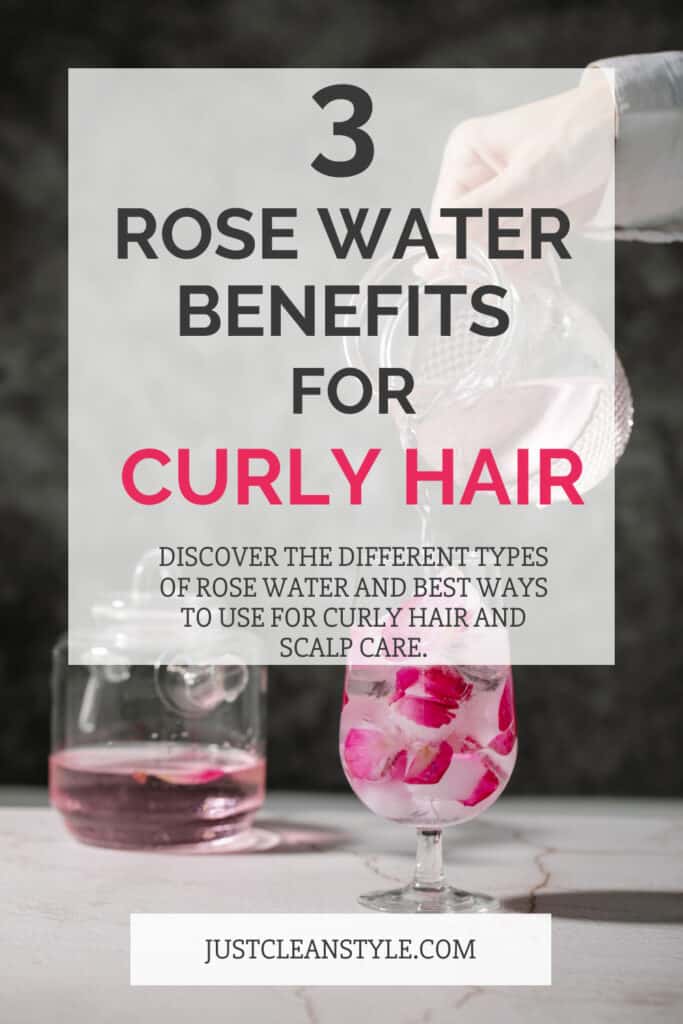
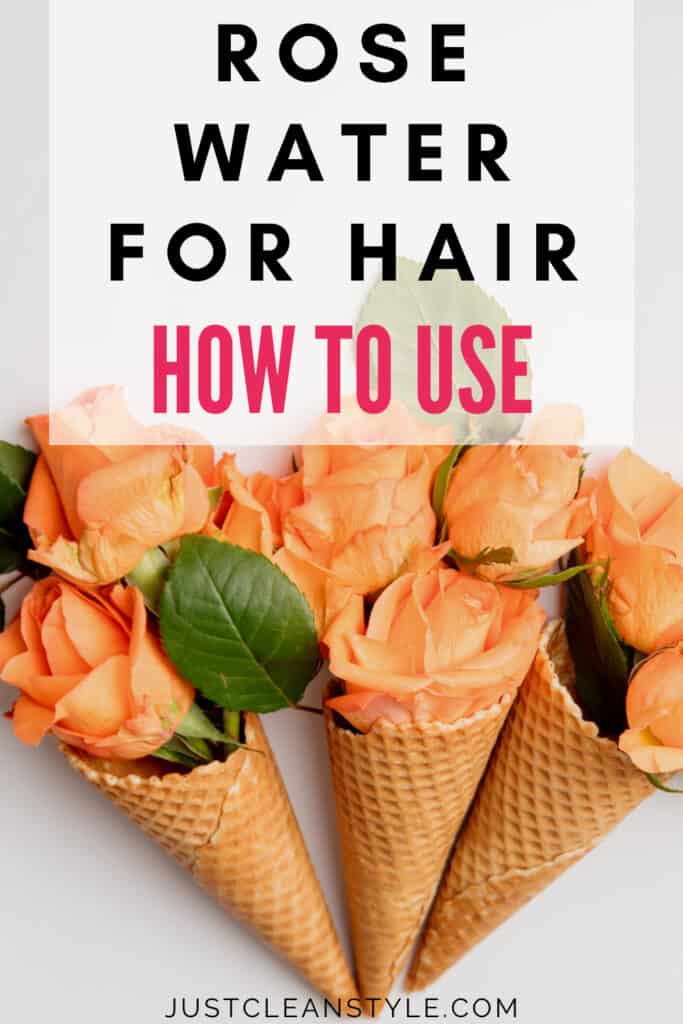
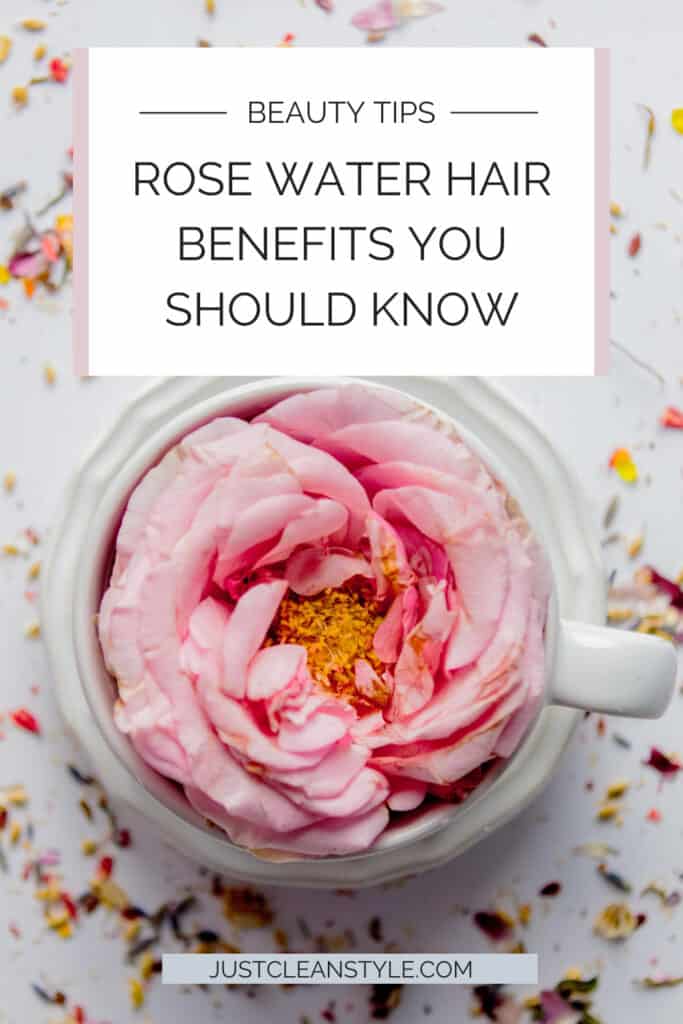
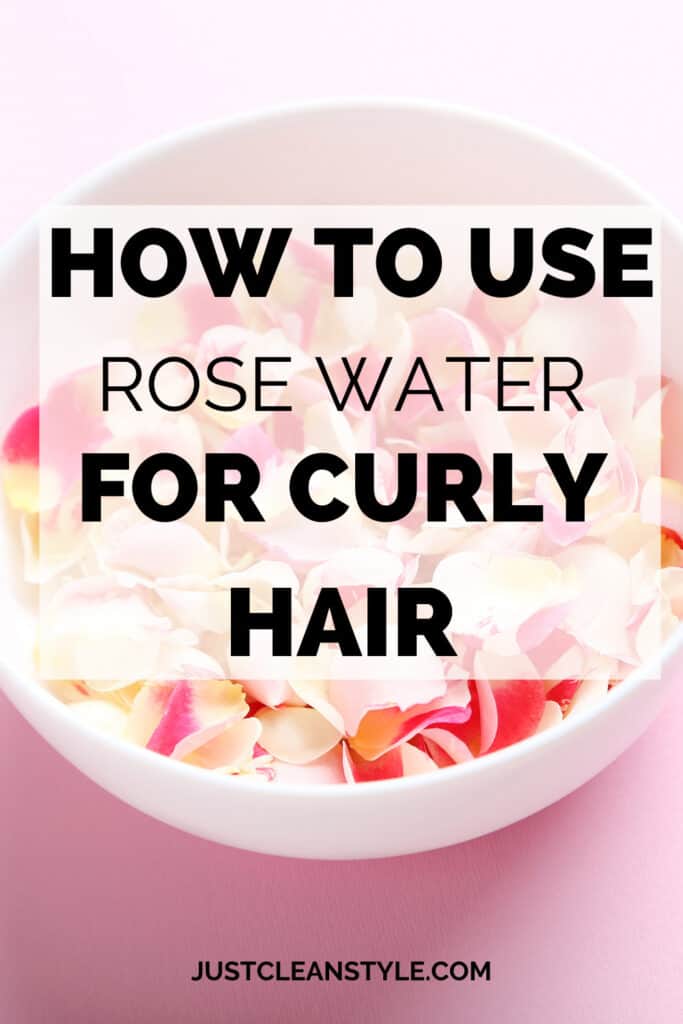
You'll Also Love
Credits
Legal
© 2021-2023 Just Clean Style
JCS is a participant in the LTK and Amazon Services LLC Associates Program, an affiliate advertising program designed to provide a means for sites to earn advertising fees by advertising and linking to Amazon.com or Like to Know It Affiliate Programs.
You deserve the best in beauty and business.
